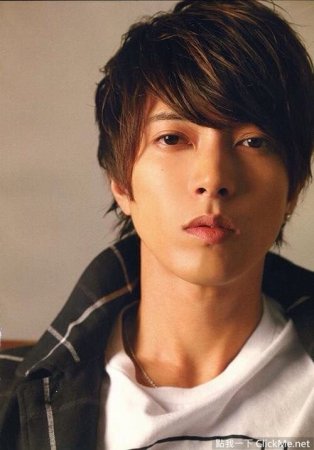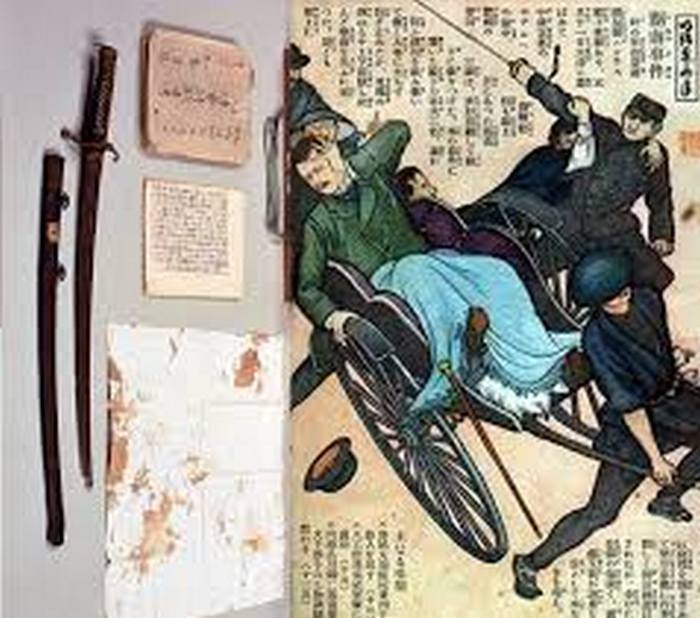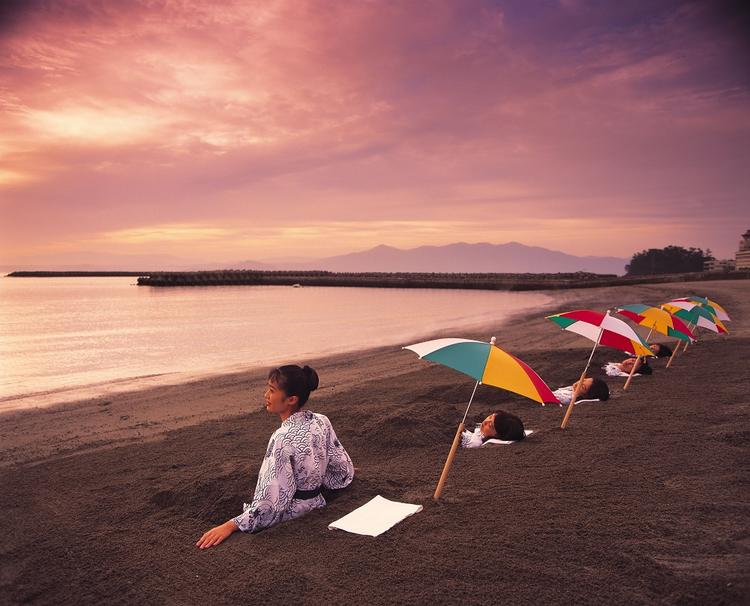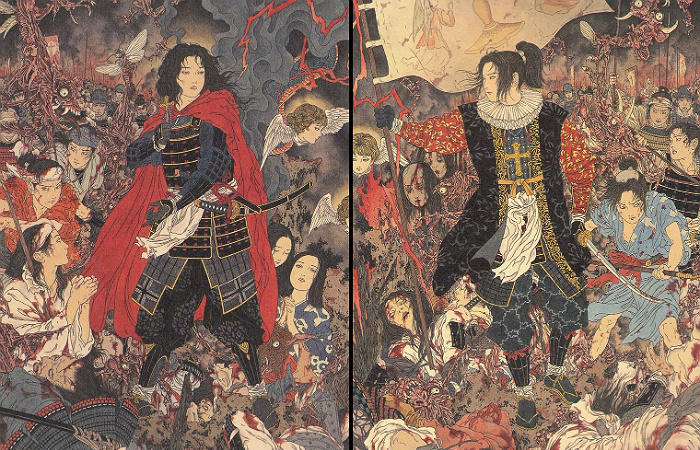same name
Yamashita Tomohisa
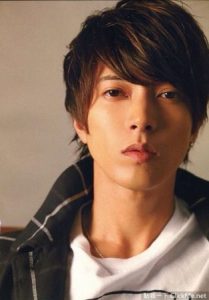 Yamashita Tomohisa was born on April 9, 1985 in Funabashi, Chiba Prefecture, Japan
Yamashita Tomohisa was born on April 9, 1985 in Funabashi, Chiba Prefecture, Japan
The real name is Aoki Tomohisa, the name of Yamashita (mother’s last name), Tomo took after his father left the family.
Yamashita Tomohisa, the most common pronunciation of this name is YamaPi, so his name is fans, it’s very easy to chant at concerts, so his name is friends and senpai, so his name is even at home. Tomo also prefers to be called Yamapi. He received this nickname from Takizawa Hideaki. Yamapi is an abbreviation of the name Yamashita and the English word pink. He is also called Pi (the first time he was called so by the Akanishi Jin)
He began working with Johnny’s Entertainment at the age of 11 in the Johnny’s Juniors group.
Since joining JE, he has been a member of teenage groups such as B.I.G. (“BIG”), “Four Tops” and “NewS”. On October 7, 2011, YamaPi left the group. From that moment began a solo career.
Tomohis began acting in television series almost immediately after joining Johnny’s. In 2000, when he was 15 years old, he received an award for “Best Supporting Role” for his role in the series “Ikebukuro Park at the West Gate”. In the same year, he was first nominated for the title of “Best Boyfriend”, “The Most Beautiful Singer.” Continue reading
Ken Watanabe
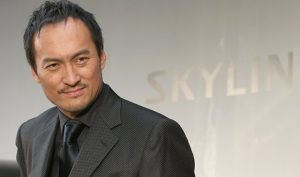 Ken was born on October 21, 1959 in a small mountain village in Niigata Prefecture. Ken’s parents were teachers, but their two children preferred cinema: Ken’s sister, Yuki Watanabe, also an actress. Ken Watanabe was born in Japan. Domestic stars over 50 without makeup (photo) For some time, Watanabe learned to play the trumpet, but due to lack of musical abilities, he did not succeed. In 1982, he chose theatrical activity for himself and, without any professional education and courses, joined the theater troupe En. In the same year, he first played the main role of a samurai in the television movie “Mibu no koiuta”, and in 1984 he first appeared in a feature film (“Children of Mac Arthur”) in the same role. Since then, the role of the samurai for several years has become the main one in the actor’s movie life. Continue reading
Ken was born on October 21, 1959 in a small mountain village in Niigata Prefecture. Ken’s parents were teachers, but their two children preferred cinema: Ken’s sister, Yuki Watanabe, also an actress. Ken Watanabe was born in Japan. Domestic stars over 50 without makeup (photo) For some time, Watanabe learned to play the trumpet, but due to lack of musical abilities, he did not succeed. In 1982, he chose theatrical activity for himself and, without any professional education and courses, joined the theater troupe En. In the same year, he first played the main role of a samurai in the television movie “Mibu no koiuta”, and in 1984 he first appeared in a feature film (“Children of Mac Arthur”) in the same role. Since then, the role of the samurai for several years has become the main one in the actor’s movie life. Continue reading
Toshiro Mifune
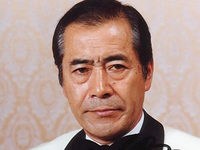 Here is the scenario for a movie someone should make. If they can get Toshiro Mifune for it, he’d be terrific as the lead:
Here is the scenario for a movie someone should make. If they can get Toshiro Mifune for it, he’d be terrific as the lead:
September, 1945. The war has just ended and Japan is in ruins. A young man, twenty five years old, discharged from the defeated Imperial Air Force leaves the rural air base in Kyushu where he had been stationed. What next? Where should he go? Born and raised in Manchuria, he had never lived in Japan. Although Japanese, he was a stranger in an alien land. His parents were dead, he had no relatives he knew about, no home to return to, no one to take him in. Back in middle school he had helped out around his father’s studio in china, and as a flier he’d done some aerial photography during the war. Maybe he could find work as a photographer in Tokyo. Continue reading

